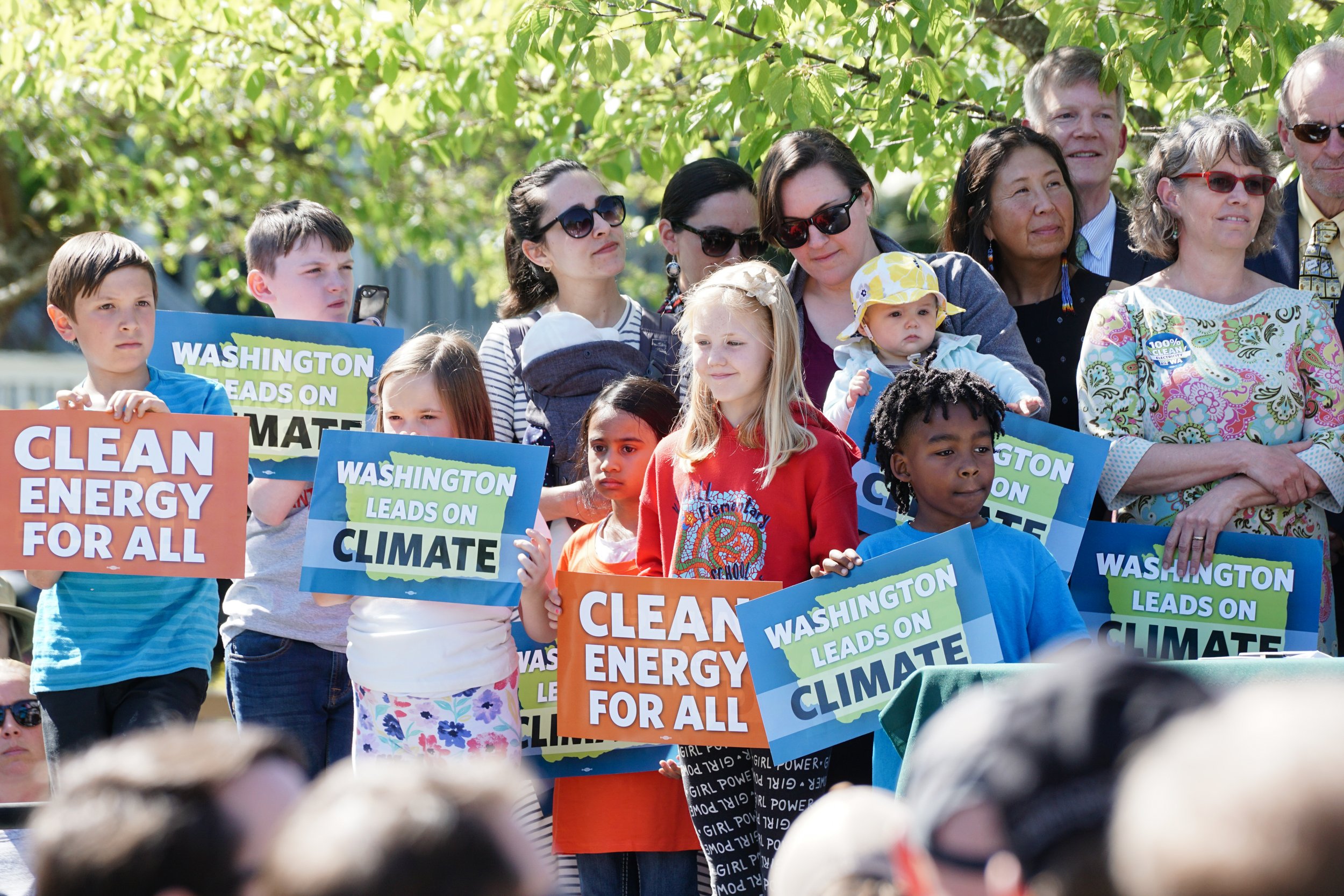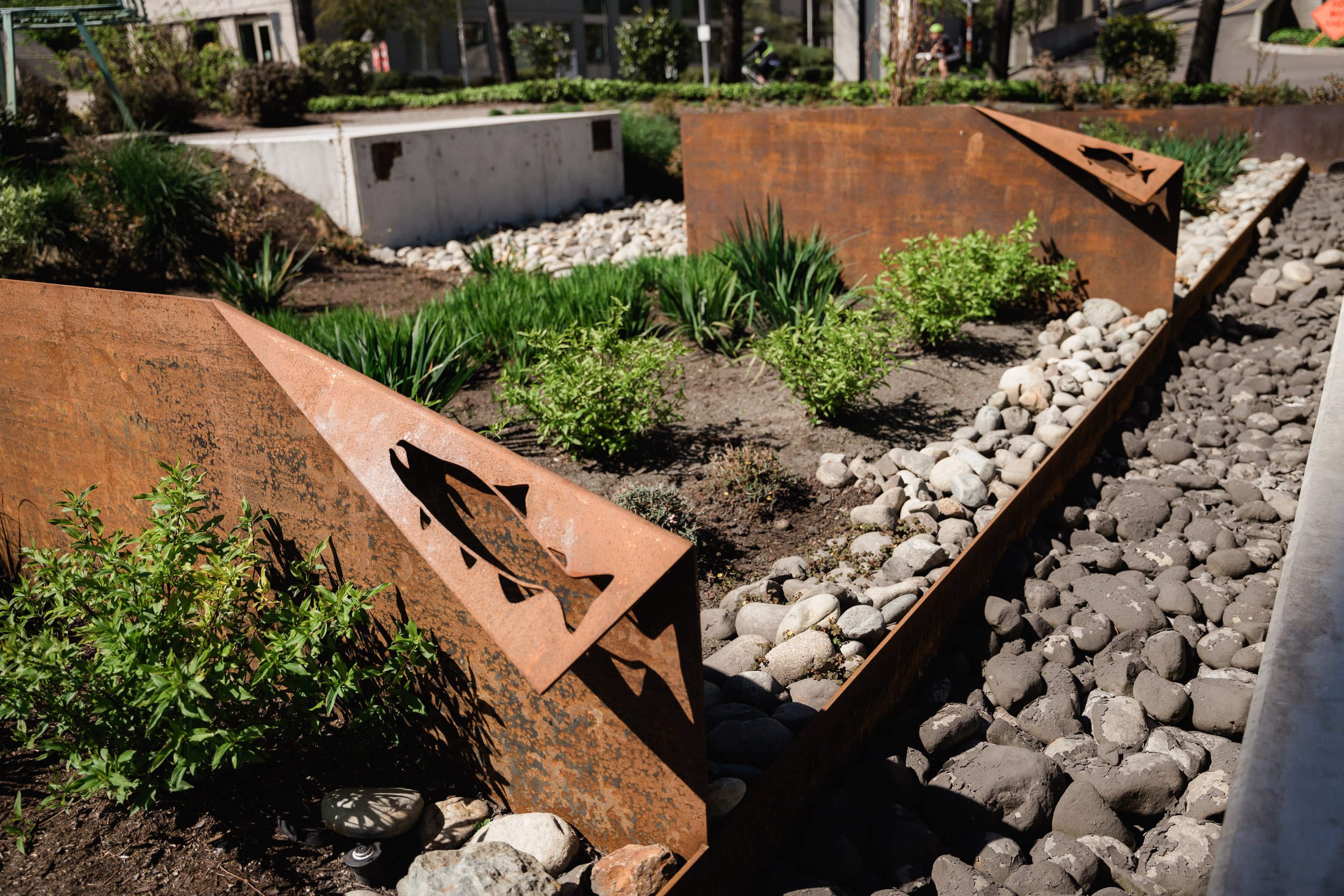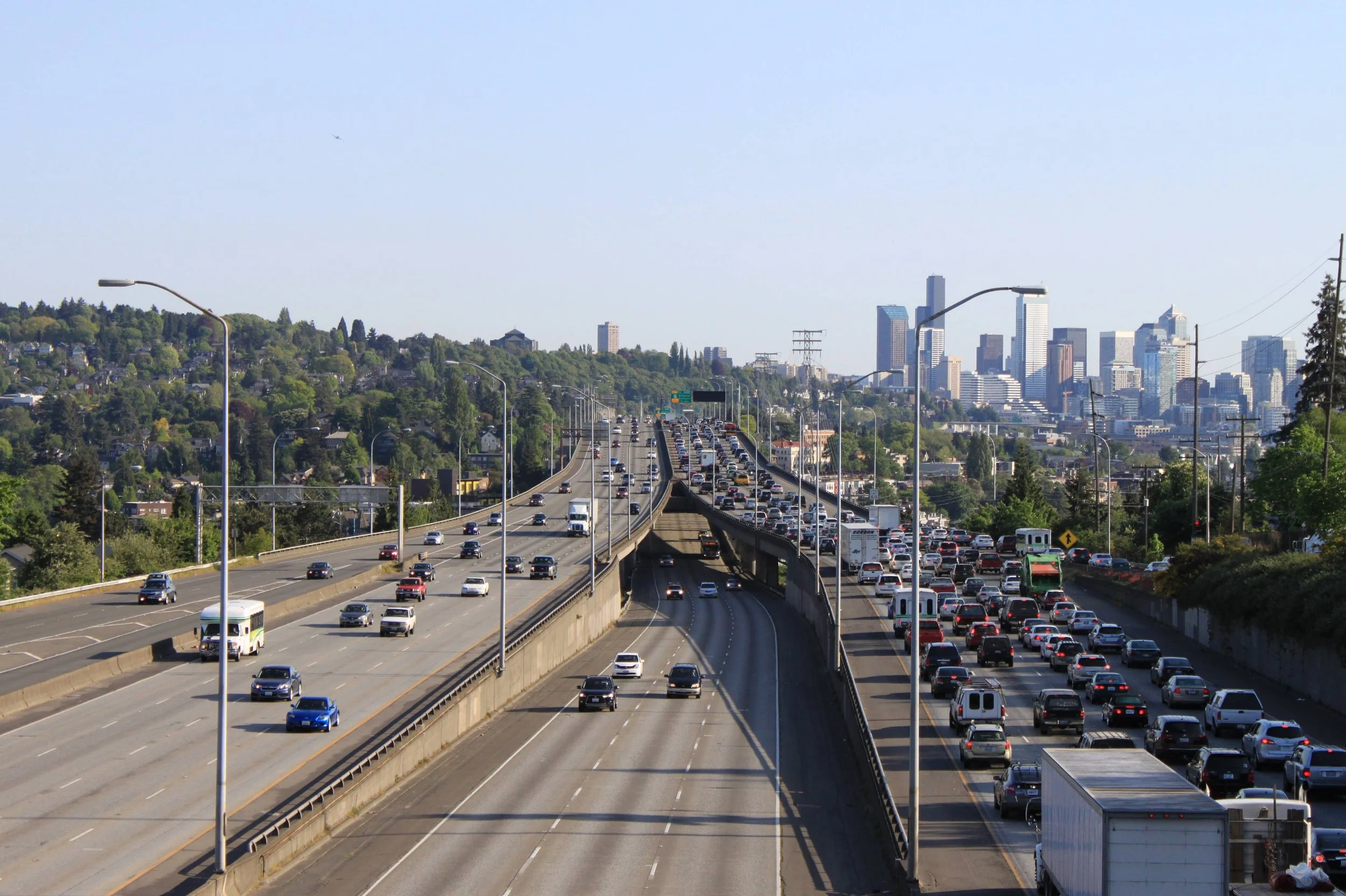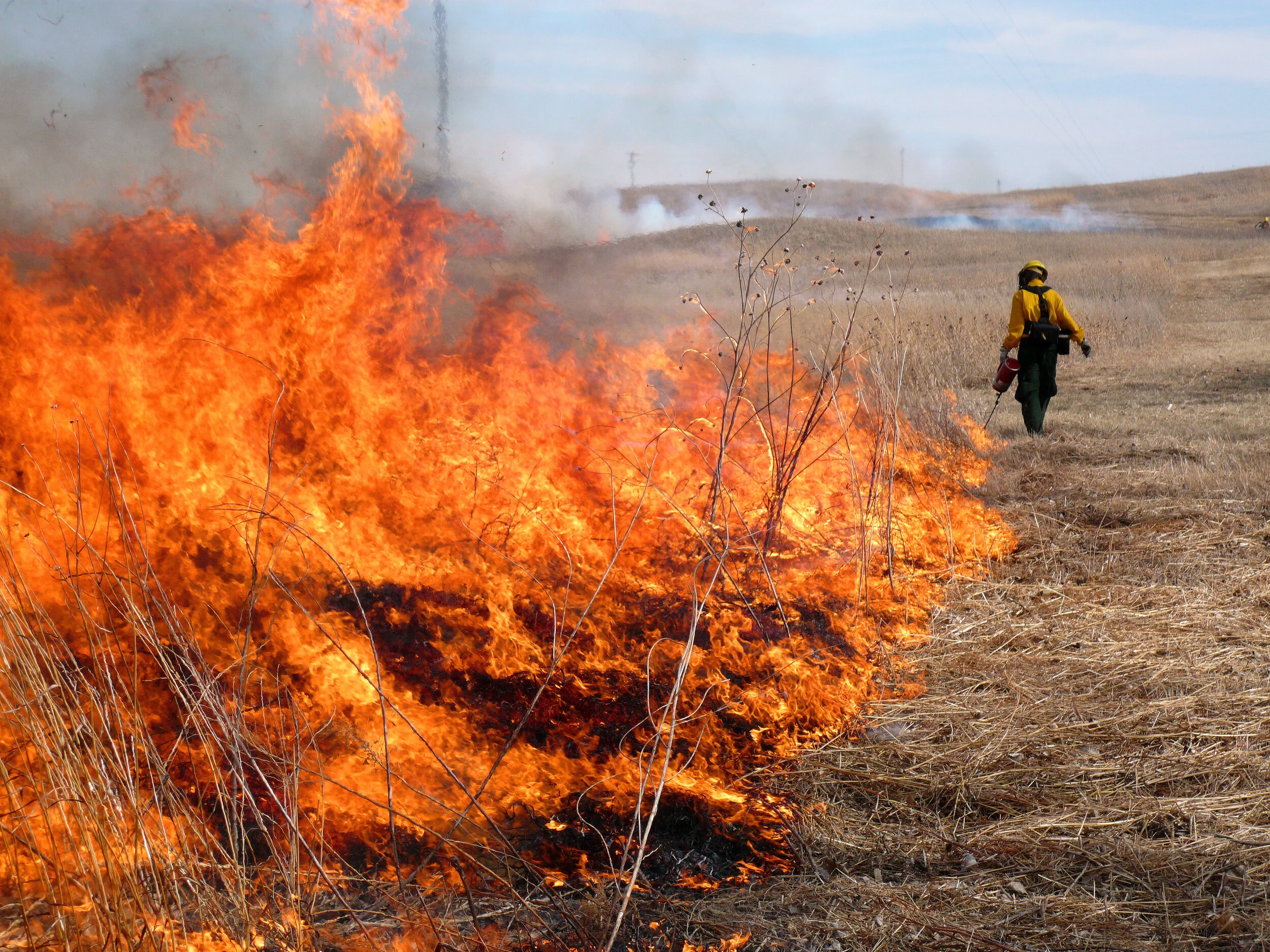Momentous Opportunity for Climate Investments in Olympia
Speak up for nature this session
Learn what it means to “Sign in Pro” — one of the quickest, easiest ways to show your support for a bill moving through the Legislature.
Today kicks off the 2023 state legislative session for our elected state leaders. Over the next 105 days, the halls of the state capitol in Olympia will be bustling with more activity than we’ve seen in the past few years. Legislators will be continuing a hybrid model of virtual and in-person work—which has allowed for broader public participation from across the state, especially for far-flung rural and urban communities. The Nature Conservancy in Washington will be a part of that bustle and working to keep people and nature at the forefront of policy and budget decision-making.
THE STAKES FOR CLIMATE INVESTMENTS ARE HIGH
In odd-numbered years like this one, the legislature is tasked with passing operational and capital budgets. As 2023 is the first year in which the state will be collecting revenue from the Climate Commitment Act, the stakes for these budget decisions are especially high. When the Act was passed in 2021, it recognized that existing climate investments were not enough and that revenue raised through the CCA should be dedicated to reducing carbon emissions, transitioning our state to a carbon-free economy, and enhancing climate resilience.
One of our top priorities for 2023 is holding the Legislature to that promise, and ensuring that the intent of the Climate Commitment Act is maintained in the 2023-25 budgets. If this is accomplished, Washington will see unprecedented investments in natural climate solutions, carbon sequestration, air quality monitoring, green buildings, and transportation.
Environmental priorities coalition 2023
Each year, we get together with more than 20 other environmental groups to advocate for a slate of shared priorities. Updating the Growth Management Act and wisely investing Climate Commitment Act dollars are included in this year’s list.
PLAN FOR A CLIMATE SMART FUTURE
It’s time to finish the job of updating our state’s Growth Management Act to address the climate crisis, and after years of work as a member of the Environmental Priorities Coalition, and following the leadership of Futurewise, this mission is nearly complete. The ways local governments approve development and implement land use decisions have a major role to play in decreasing overall greenhouse gas emissions (GHG) as well as strengthening the resiliency of communities and landscapes. HB 1181 and its Senate companion bill SB 5203 would require counties and cities under the GMA to incorporate considerations for climate change into their planning. Lawmakers can support smart growth and a brighter future by passing HB 1181 once and for all. Last year this legislation was voted on in both the House and the Senate, but time ran out in the final hours on the last day of the session. We hope to continue that momentum and accomplish this major win for the climate this year.
In addition to passing this critical update to the GMA, we’re also supporting much-needed legislation to modernize the framework the state uses to coordinate, prioritize, and implement actions that address climate risks and vulnerabilities. We’re asking for a comprehensive climate resilience strategy, developed across multiple agencies, along with additional requirements for agencies to account for climate impacts in their work, and improved cross-agency coordination and reporting on climate resilience work and federal funding opportunities.
expanding clean energy siting & Deployment
Meeting our state’s targets of net zero carbon emissions by 2050 means deploying more clean energy generation, storage, and transmission infrastructure, as fast as possible, and with better protections against the potential cumulative impacts on critical habitat, prime working lands, tribal treaty rights, and communities. This is a complicated challenge that we must rise to meet here and elsewhere.
To this end, we’re working in partnership to support new policy approaches and funding that will move us closer to the clean and resilient energy future we must have.
A first package would aim to establish a state Clean Energy Council, identify ‘least- conflict’ clean energy zones, support proactive landscape-level environmental impact analyses for certain energy resources, enhance the capacity of the state, Tribes, and local governments to engage in planning and project review, and target clearer, expeditious permitting processes in identified zones.
A second would support electricity transmission capacity expansion critical to supporting sufficient and reliable carbon-free electricity by having energy utilities better account for our climate and energy laws in transmission capacity planning, staffing state agencies to speed up the review of significant transmission projects, and identifying key corridors for needed transmission capacity. Both bills are crucial steps in Washington’s journey towards a clean energy economy without leaving any community behind.
workforce development
An area where the Nature Conservancy in Washington will be expanding our focus is around opportunities for workforce development. The transition to a carbon-free future won’t be without its pain points, but we are looking toward the future with optimism. Across our priorities and activities, there are opportunities to re-train and re-tool workers that can both contribute to a thriving local economy, and move us into a sustainable future. Taking care of workers in turn means supporting families, local economies, and the overall vitality of our state.
advancing past climate legislation
Environmental Justice— Thanks to the passage of the HEAL Act, several state agencies have been tasked with identifying and addressing environmental health disparities in overburdened communities and underserved populations. In addition, the Environmental Justice Council (another result of the HEAL Act) has produced recommendations for closing gaps in health disparities and ensuring a more equitable future through state budget investments and effective implementation of our climate laws. We support the work of this council and state agency requests related to environmental justice and ask lawmakers to fully fund and implement their recommendations.
Salmon Recovery & Habitat— Salmon continue to languish due to numerous factors, including rising water temperatures and other habitat impacts. We will advocate for meaningful, strategic investments to protect and restore critical habitat, follow the lead of tribal nations and their salmon recovery priorities, and support collaborative investments proven to work best with critical land owners.
Forest Health and Wildfire Resilience— HB 1168 was a major victory in setting a standard for the type and scale of investments we will need to ensure healthy forests in the face of increasingly severe wildfire threats. We will advocate for protecting this bill’s legacy by maintaining and expanding investments in forest restoration and community fire resiliency.
Urban Forestry Investments— The urban tree canopy provides untold benefits to our communities, and we’d like to see investments in this budget that include: increasing community grants to maintain and improve tree canopy; developing a statewide Tree Equity Score Map and conducting a tree canopy analysis; develop and update ordinances for tree canopy; and utilize youth corps conservation crews and workforce training groups for tree maintenance and planting.
a budget for people and nature
In addition to the importance of spending Climate Commitment Act dollars wisely, the legislature must continue to invest in successful programs and projects. Whether we play a lead role or a supportive role, each of these listed programs has been sustained in partnership with other organizations, local governments and agencies, and community stakeholders.
On the table this year, TNC will be asking for sustained or deepened support for the following programs and projects:
Floodplains by Design | $70m, Dept of Ecology
Community Forests Grant Program | $13m, Recreation & Conservation Office
WA Coastal Restoration Initiative | $17.6m, Recreation & Conservation Office
Trust Land Transfer | $25.1m, Dept of Natural Resources
WA Wildlife & Recreation Program | $135m, Recreation & Conservation Office
Yakima Basin Integrated Plan | $42m, Dept of Ecology
Port Susan Bay Restoration | $1.8m, Recreation & Conservation Office
Teanaway & Klickitat Community Forest Stewardship | $2.84m, Dept of Natural Resources
Address Toxic Tire Wear in Stormwater | $12.8m, Dept of Ecology, and Dept of Fish & Wildlife
I-5 and Aurora Bridges Stormwater Treatment | $100k, Dept of Commerce
strength in numbers - tnc in partnership
Beyond our legislative priorities, the Nature Conservancy in Washington aims to be a good neighbor to other organizations advocating in Olympia. Whether via formal coalition membership, or other pathways of partnership, we are supporting three other legislative items for 2023:
The WA Recycling & Packaging Act (WRAP) – supported by the Environmental Priorities Coalition
Buy Clean Buy Fair for WA – led by the Washington BlueGreen Alliance
Fair and Accessible Elections – led by the Washington Voting Justice Coalition
We’re also proud to be in partnership with the WA Association of Land Trusts (WALT), and members of the WA Wildlife & Recreation Coalition (WWRC).
raise your voice for Washington’s flora and fauna
Our environment needs your advocacy. Throughout the legislative session, we will send out emails and action alerts – opportunities for you to get involved and share your priorities with your elected representatives. Be sure you’re on our email list, sign up today:
Banner photo: Long Spit at Dabob Bay, WA. (C) Credit Keith Lazelle, The Nature Conservancy






































